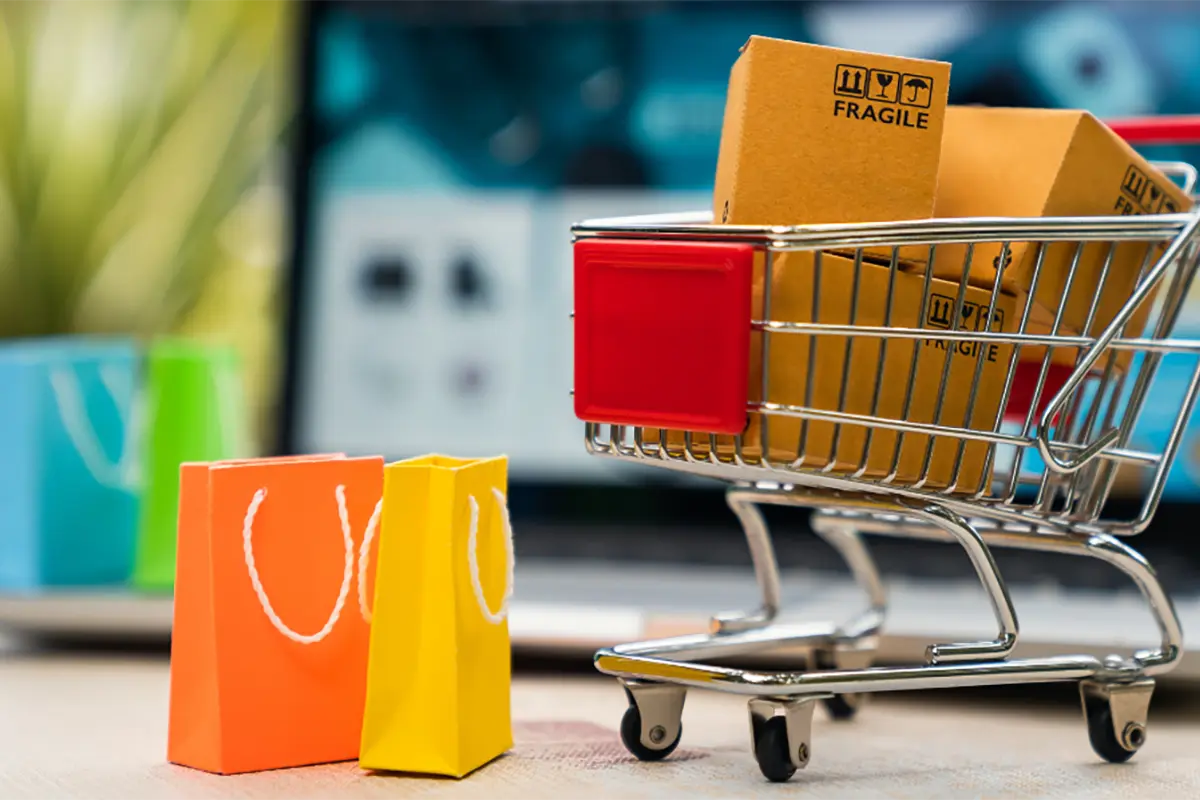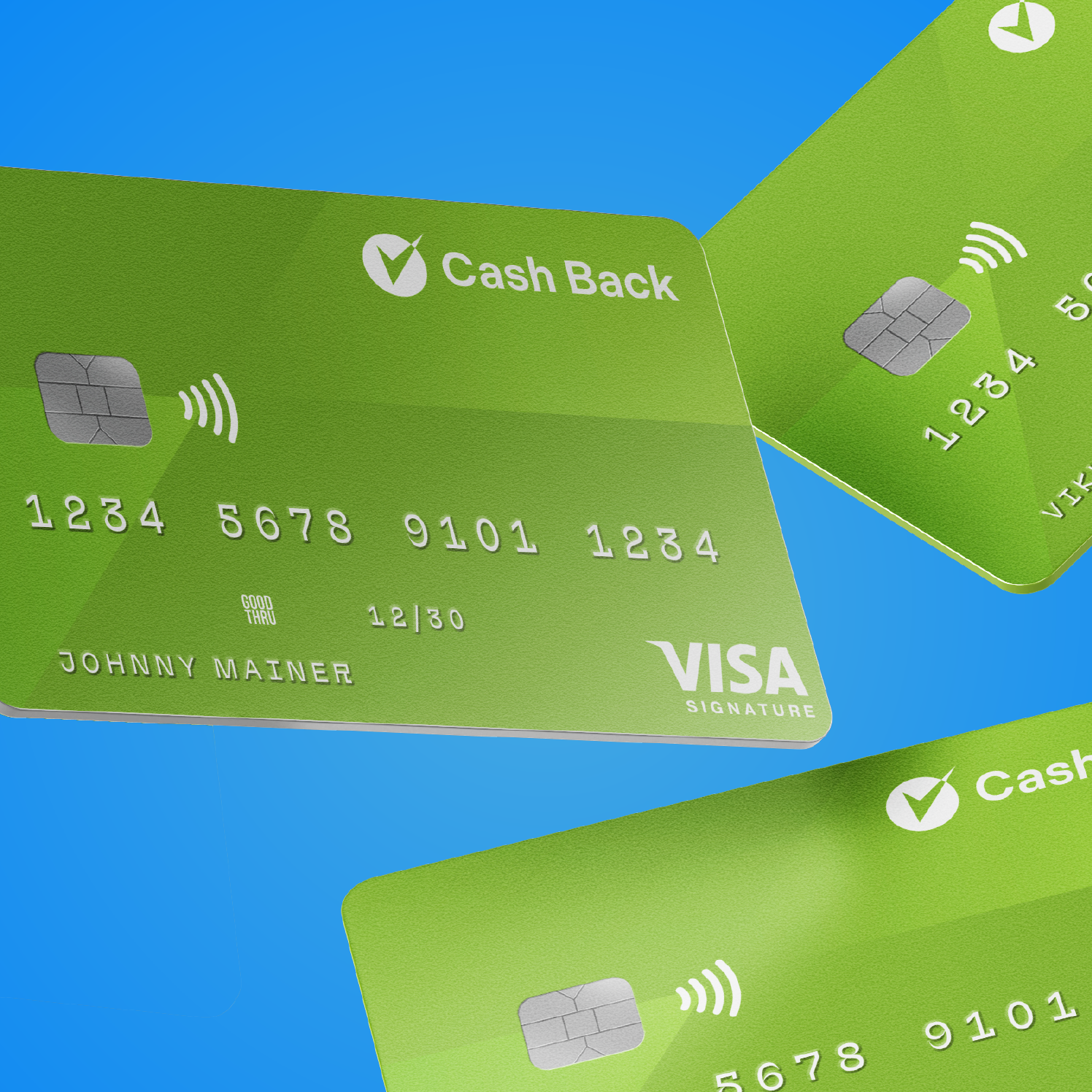This time of year, we’re all doing more online shopping
Which means that scams targeting shoppers are even more common. We’ll detail the red flags you should look out for when shopping online as well as some best practices that can make your online world more secure. Here are the dos and don’ts of online shopping:
Don’t buy from websites or sellers that are asking for alternative payment methods.
When shopping online, be sure to use payments options through the website you are using. Once you pay through a third-party app (Venmo or Cash App), send a check, or send a gift card, the website cannot offer you any purchase protection. Scammers will accept your payment, but may not send the product to you, send a damaged product, or send a product that does not match the description that was promised. Reputable online sellers and websites have policies in place to protect both the buyer and the seller, so adhere to their terms and conditions.
Don’t impulse purchase items that seem like a steal.
Scammers typically offer deals that seem too good to be true. If an offer seems too good to be true, it probably is. There has been an uptick in online sellers claiming to sell high quality homemade products who are actually selling mass produced products made of cheap materials. What looks like a great deal might turn out to be a scam. Be wary of sellers offering steep discounts or prices far under other similar items.
Don’t click on links, especially ones offering a deal that seems too good to be true.
Lots of fraudsters target individuals on social media with tempting sales but these links lead to fraudulent websites, which can expose your personal information and payment data. Avoid this by only clicking on links from reputable sources and websites. If in doubt, just directly enter the website into your browser.
Don’t give away unnecessary information.
Online retailers will not need your social security number or other personal info unnecessary to your purchase. If it feels fishy or wrong, trust your gut and don’t share any more personal info than necessary.
Don’t do your online shopping in public if you can avoid it.
Not only will this help prevent ‘shoulder surfers’ from reading your credit card info over your shoulder, but if you are using public Wi-Fi, you risk scammers using that Wi-Fi to steal your online info. A great alternative is to save your card info securely in your mobile wallet (Apple Pay, Google Pay) to avoid using your physical card in public anymore. TruChoice offers both of these secure mobile pay options!
Do check reviews, especially for independent sellers (such as those on Etsy or eBay).
Online platforms allow you to read reviews from other customers to help you determine whether a seller is reputable or not. Previous unsatisfied customers often leave reviews if they have been scammed, or the product quality is not what they expected. If there are a lot of negative reviews, it is probably best to move on and find an alternative. On the flip side, if there are a lot of positive reviews with similar verbiage and phrases, this is another sign of a product scam.
Do enable multi-factor authentication, on accounts which offer it.
This feature increases security and makes it harder for unauthorized users to get into your accounts. By providing further proof of your identity, it will be that much harder for scammers to access your private information when you’re shopping online. Yes, it adds a few steps to signing into your sites, but the extra 30 seconds is well worth preventing fraud on your account!
Do shop on secure sites only.
Shop on sites you know and trust; this decreases the likelihood of falling for a scam. Especially when giving out your card information, look for the padlock icon in the upper left corner of the browser. This tells you the website connection is secure and that your info (such as passwords and card numbers) is kept private when sent to the site.
Do update your software.
Updates are frequently released to increase security and fight new cybersecurity attacks and different types of fraudulent attempts. It can be inconvenient and sometimes time consuming to update your software, but it is worth it for the added security and peace of mind, especially while shopping online more frequently during the holidays.
Do make sure you have strong, unique passwords.
You probably have heard this before, but it’s worth repeating that you should avoid using the same password for multiple accounts. Using a password generator and manager can help you create and keep track of all your passwords. This way you don’t have to think of uncrackable passwords or remember them!
Do use online banking and our mobile app to check your transaction history regularly.
This ensures you keep track of your budget but also allows you to easily keep an eye out for any fraudulent charges. Also, all TruChoice checking accounts come with a free fraud protected debit card. We care about your online safety and are here to help if you have any questions!






